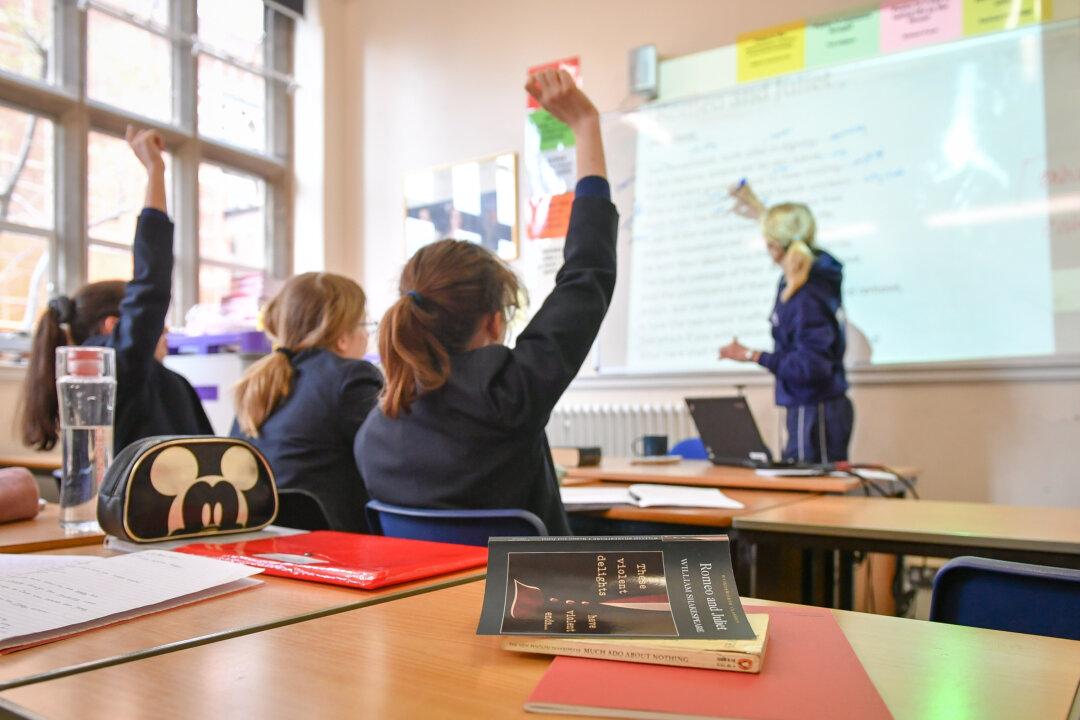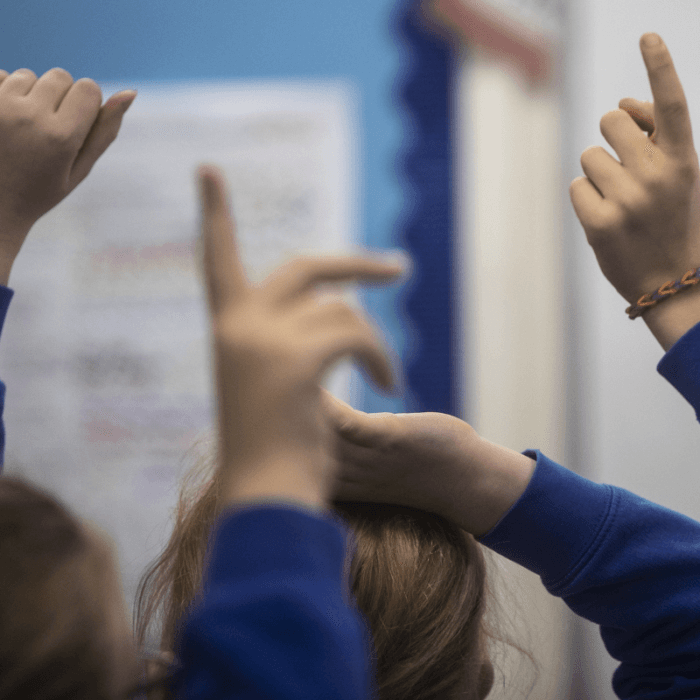The French and German ambassadors have called for international schools to be exempt from Labour’s plan to charge VAT on independent school fees.
The envoys said that the plans could force hundreds of children out of their schools and deter businesses from opening in the UK.
Berger said that worldwide, Germany has 136 schools and one in Richmond—the Deutsche Schule London—which has around 900 pupils.
“It’s very difficult to make an assessment but we have heard that between 20 and 25 per cent might be obliged to leave the school,” Berger said.
The ambassador added that the German state pays for 30 percent of the school’s cost and covers 50 percent of investments into it, “so there is a lot of state funding that goes into the school. ”
“They are totally distinct in character to normal British private schools and should be treated as such,” the German envoy said.
Suggesting it could impact international relations, he continued: “For the whole relationship, I think it is a very important element. It’s not about getting an exemption, it’s about recognising that these schools are different.”
Berger also argued that not only are these schools important for political and cultural relations, but for inward investment.
Resetting Relationships?
France’s overseas education network has 11 schools in the UK approved by the country’s education ministry and 30 percent of pupils could be affected, according to Paris’s envoy to London.Hélène Duchêne, France’s ambassador, similarly said that French parents living temporarily in the UK “don’t have a plan B” because British schools do not follow their home curriculum.
The French ambassador added that VAT “could also be an issue for our companies, as they need these schools for employees coming to work here.”
Unpopular Plans
The plan to introduce VAT on school tuition and boarding fees from January is unpopular with educators and campaigners, particularly those concerned about the impact the changes will have on special needs pupils and small faith schools.Children who have Special Education Needs and Disabilities (SEND) and who have Education and Health Care Plans (EHCP) issued by their local authorities will be exempt from the changes—but only if the EHCP says a placement at a specific private school is necessary to meet the pupil’s needs.
The government stood by its position that parents who send their children with special needs to independent schools will not be exempt from VAT unless an EHCP supports that placement, even if the parents feel private school is their only option to give their child the education they need.
The Epoch Times contacted the Treasury for comment.







